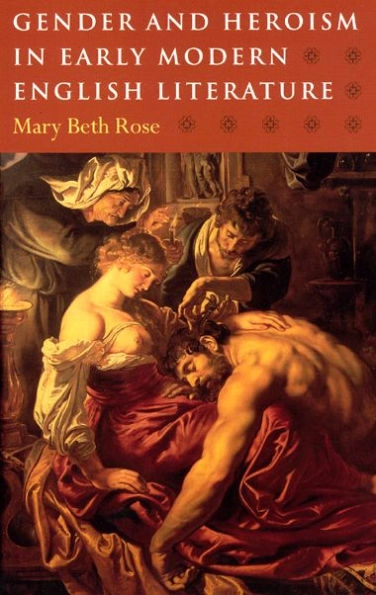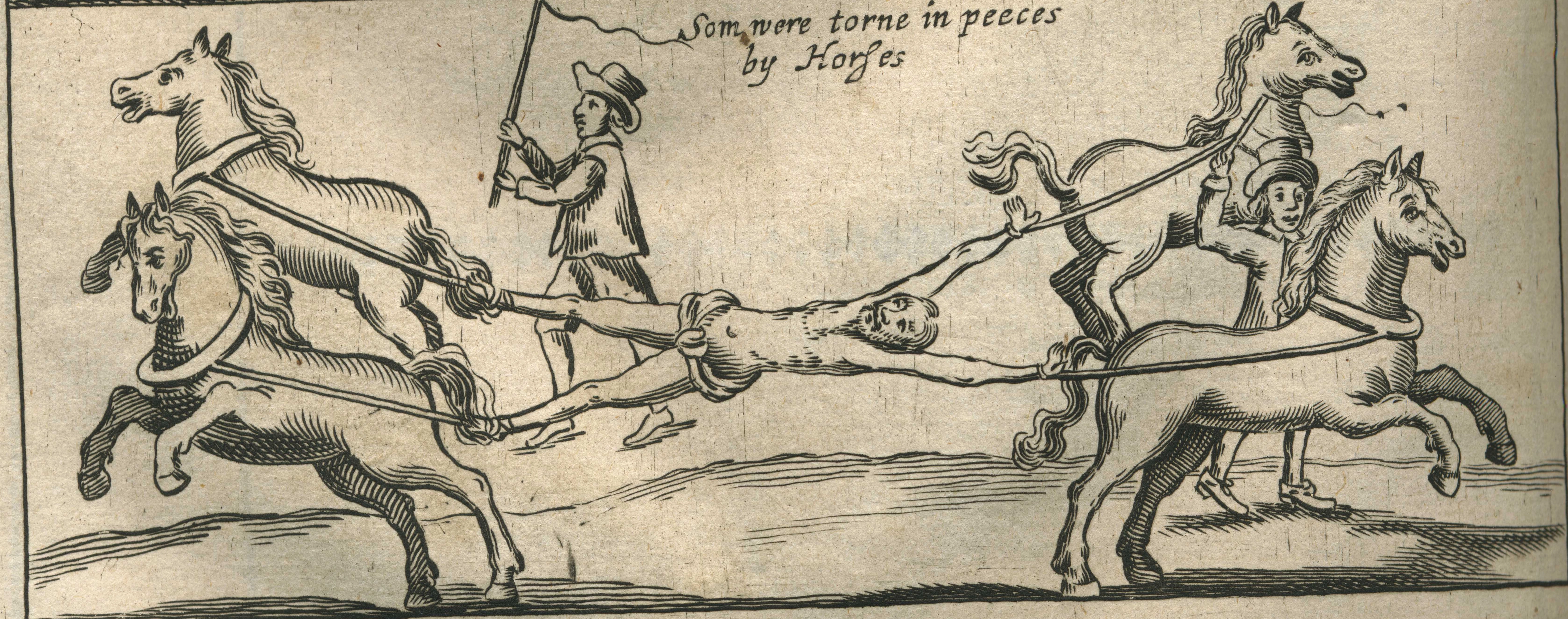“Necessary” suffering
I posted this on Quora, in answer to someone who wanted to know if there is such a thing as necessary suffering. To see the complete thread, click here (you'll need to create a log-in ID if you want to add comments). In an age before anaesthetics this question could hardly even have been asked.…
Researching the Seventeenth Century Online: Tools of the Trade
[I posted this in 2014, but since so much of the EEBO TCP database came into the public domain in January 2015 I thought it worth updating.] For those who come to this blog from academia, this is probably a post you can skip, but for people in other walks of life I thought it…
Discourses of Suffering on Facebook
While I post all the really serious stuff right here on the blog, there are quite a lot of things I don't feel quite fit here but make for a good post on Facebook. If you don't already, check Discourses of Suffering on Facebook for tidbits and fun stuff!…
Gender and Heroism in Early Modern English Literature
Mary Beth Rose, Gender and Heroism in Early Modern English Literature (University of Chicago Press, 2002), makes the important point that 'the terms which constitute the heroics of endurance are precisely those terms used to construct the early modern idealization of women: patient suffering, mildness, humility, chastity, loyalty and obedience. Con…

Sadomasochism, Theology and Capitalism
There is a frustrating ambiguity to Jeremy R. Carrette, 'Intense Exchange: Sadomasochism, Theology and the Politics of Late Capitalism' (theotherjournal.com, An Intersection of Theology and Culture, April 2, 2006). To some extent this is deliberate; Carrette wants to ‘refuse the either/or mentality of Christian binary epistemology and to recognise …
The Terrifying Coldness of St. Agnes
In early modern literature, the powerful, dominating female is frequently depicted as a temptress, an agent of evil, enticing her victims to ruination, but torment and destruction can come at the hands of the virtuous as easily as at those of the wicked. A man loses his head to the righteous Judith just…

Suffering in the Modern World #3: Why suffering people make perverse decisions…
Linda Tirado, Night Cook, Essayist, Activist, This Is Why Poor People's Bad Decisions Make Perfect Sense Lots of pain here, not much pleasure, and a fine explanation of why decisions that may seem perverse or self-destructive make perfect sense to the people who make them.…
Seventeenth-Century Tidbits #9: Armadillos in Unlikely Places
Edward Topsell, The Historie of Foure-Footed Beastes (London, 1607), says '0f the Tatvs, or Gvinean Beast' that 'The Merchants as I haue herd and Cittizens of London keepe of these with their garden wormes', and in the following entry, 'Of the Aiochtoctch', 'There are of these as I haue heard to be seen in Gardens…
Christia Mercer, Knowledge and Suffering in Early Modern Philosophy: G.W. Leibniz and Anne Conway
Here is a useful little paper on early modern perceptions of the passions of Christ, originally published in Sabrina Ebbersmeyer, Emotional Minds: The Passions and the Limits of Pure Inquiry in Early Modern Philosophy (Walter de Gruyter, 2012), pp. 179-206:Christia Mercer, 'Knowledge and Suffering in Early Modern Philosophy'.…
Seventeenth-Century Tidbits #8: November 5th at Blackfriars, 1623
There's some interesting detail on Victoria Buckley's blog about the calamitous events of November 5th, 1623, when nearly a hundred Catholics were killed after the floor gave way in a garret where between two and three hundred had assembled to hear a sermon: Crowds quickly assembled, many to assist in the rescue of survivors, others…

